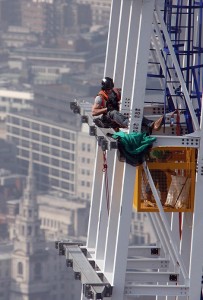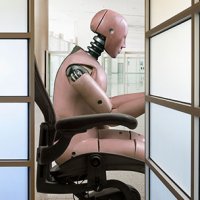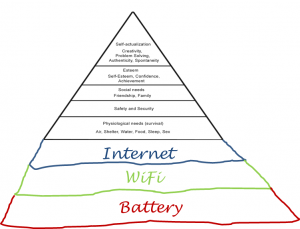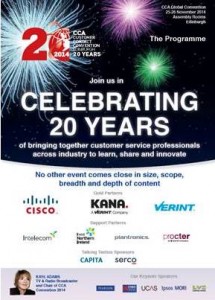 This post is something of a rebellion. I am going to make a case against technology and was inspired by my friend Richard Tubb to write this.
This post is something of a rebellion. I am going to make a case against technology and was inspired by my friend Richard Tubb to write this.
I describe technology as the oxygen of the net generation, but Richard took a day away from tech and found it to be a “revelation.” I am short of breath at the thought, but I think I understand.
According to a study by the United Nations of the world’s 7 billion people, 6bn of those have access to a mobile phone but only 4.5bn have access to toilet. Furthermore, 1.3bn still lack access to electricity. Technology has connected us and extended our reach but in many cases it has also cocooned us. Tech is a tool that should empower us to reach more people and bind us closer together, not separate us from our friends and families and colleagues. We must remember that social interaction is a basic need, a fundamental part of our humanity, so I welcome walking into a café that outwardly proclaims, “No Wifi Here.” Meet people, talk to them, share ideas – that is how real friendships are born and businesses are germinated.
Historically great cities were built around resources – water (harbour), minerals and fuel. Today, and certainly tomorrow, great cities will be built around people – it isn’t about ‘B2B’ or ‘B2C’, it’s about ‘H2H’ – human to human.

 So, how can you reduce the share of your core market and come out trumps? I have just returned from an excellent leadership meeting in Minneapolis where the Pearson VUE team talked strategy, explored ideas and visioned the future. The level of engagement was as good as I have seen for some time and when I volunteered this one thought to the group, I was met with silence…but only for seconds.
So, how can you reduce the share of your core market and come out trumps? I have just returned from an excellent leadership meeting in Minneapolis where the Pearson VUE team talked strategy, explored ideas and visioned the future. The level of engagement was as good as I have seen for some time and when I volunteered this one thought to the group, I was met with silence…but only for seconds.






